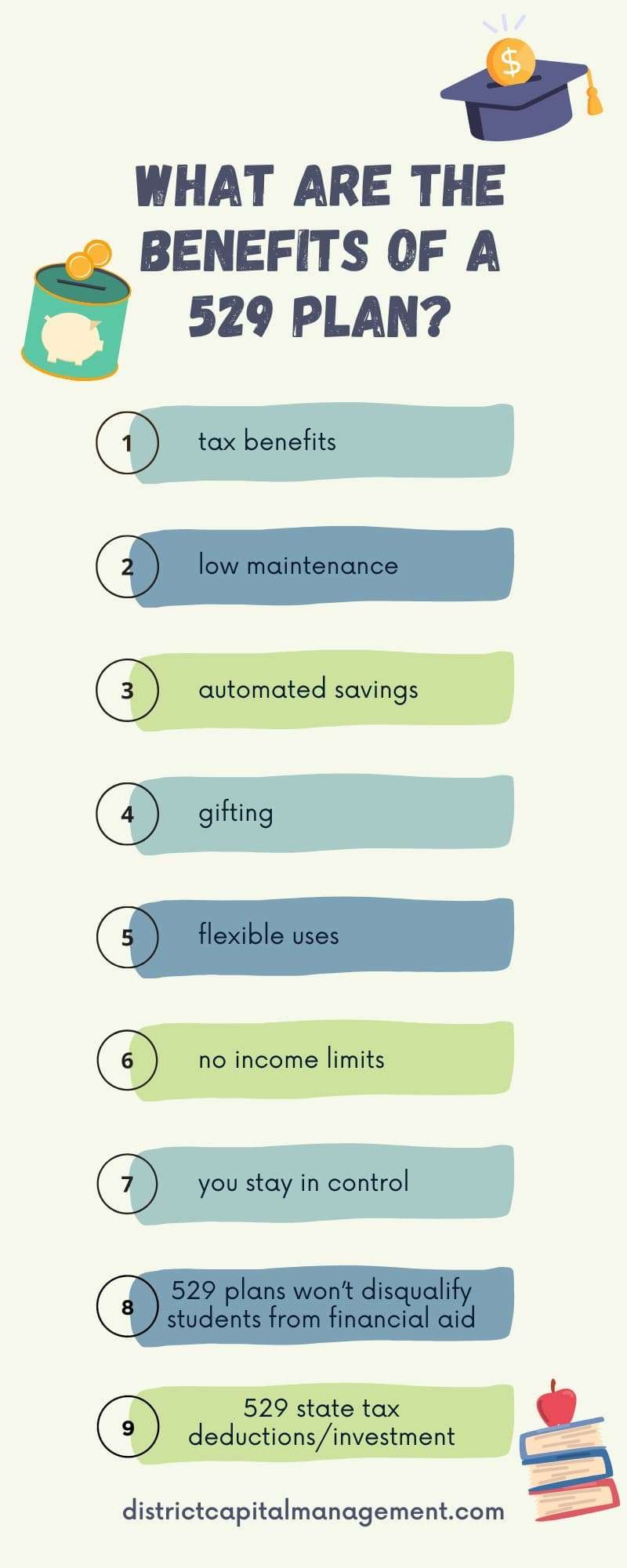Are you struggling to make ends meet as a part-time worker? Wondering how to budget effectively with limited income? Well, look no further! In this article, we’ll explore some practical tips and strategies on how to budget as a part-time worker. Whether you’re a student, freelancer, or someone working multiple part-time jobs, managing your finances doesn’t have to be a daunting task. By following these simple steps, you can gain control over your money and ensure a more secure financial future. So, let’s dive in and learn how to budget as a part-time worker.
How to Budget as a Part-Time Worker
Being a part-time worker comes with its own set of financial challenges. With irregular income and limited hours, it can be difficult to manage your finances effectively. However, with careful planning and budgeting, you can ensure that you make the most out of your earnings and achieve your financial goals. In this article, we will explore various strategies and tips to help you budget successfully as a part-time worker.
1. Assess Your Current Financial Situation
Before diving into budgeting, it is essential to have a clear understanding of your current financial situation. Take some time to evaluate your income, expenses, and any outstanding debt. This assessment will serve as a starting point for creating an effective budget. Consider the following steps:
- Calculate your average monthly income: Determine how much money you typically earn in a month by taking into account any fluctuations in your part-time work schedule.
- List your recurring monthly expenses: Make a comprehensive list of all your monthly bills, such as rent/mortgage, utilities, transportation, groceries, and any loan payments.
- Identify discretionary spending: Take note of your discretionary spending habits, such as eating out, entertainment, and shopping. These expenses can often be adjusted to fit your budget.
- Review your outstanding debt: If you have any outstanding debt, such as student loans or credit card balances, understand the terms, interest rates, and minimum payments associated with each.
2. Set Realistic Financial Goals
Setting clear financial goals will provide you with the motivation and direction needed to create an effective budget. Whether your goals include saving for emergencies, paying off debt, or achieving specific milestones, it is crucial to make them realistic and attainable. Consider the following steps:
- Prioritize your goals: Determine which financial goals are most important to you. It could be paying off high-interest debt first or building an emergency fund.
- Quantify your goals: Assign specific dollar amounts and timelines to your goals. For example, aim to save $1,000 in three months or pay off $5,000 in credit card debt within a year.
- Break them down: Divide your goals into smaller, manageable milestones. This will make them less overwhelming and will allow you to track your progress more effectively.
3. Create a Monthly Budget
Creating a monthly budget will help you allocate your income towards different expenses and savings goals. It offers a clear picture of your overall financial plan and empowers you to make informed decisions about your spending. Follow these steps to create a comprehensive budget:
- List your income sources: Write down all the sources of income you have, including your part-time job earnings, any additional side hustles, or passive income streams.
- Categorize your expenses: Divide your expenses into different categories, such as housing, utilities, transportation, groceries, debt payments, and discretionary spending.
- Assign amounts to each category: Based on your assessment of current expenses and financial goals, allocate specific dollar amounts to each category. Be realistic and ensure that your income covers all essential expenses.
- Track your spending: Monitor your spending regularly to ensure you remain within the allocated amounts for each category. Use budgeting apps or spreadsheets to simplify the tracking process.
- Adjust as needed: If your income or expenses change, be prepared to adjust your budget accordingly. It may require cutting back in certain areas or finding ways to increase your income.
4. Reduce Expenses and Maximize Income
As a part-time worker, finding ways to reduce expenses and increase your income can greatly benefit your budget. Here are some practical tips to help you save money and make the most out of your earnings:
- Save on housing costs: Consider downsizing your living space, finding a roommate, or negotiating lower rent if possible.
- Minimize transportation costs: Explore cost-effective alternatives such as public transportation, carpooling, or biking to work.
- Reduce utility bills: Practice energy-saving habits like turning off lights when not in use, unplugging electronics, and adjusting thermostat settings.
- Cut back on discretionary spending: Review your discretionary expenses and identify areas where you can make cuts. Limit eating out, find free entertainment options, and avoid impulsive shopping.
- Explore additional income streams: Consider taking on side gigs or freelance work that aligns with your skills and interests. Utilize online platforms that offer flexible job opportunities.
5. Prioritize Debt Repayment
If you have outstanding debt, prioritizing its repayment can significantly improve your financial situation. Here are some strategies to help you tackle your debt effectively:
- Create a debt repayment plan: Determine which debts to tackle first based on interest rates and outstanding balances. Consider the snowball or avalanche method to pay off debts systematically.
- Negotiate lower interest rates: Contact your creditors to inquire about the possibility of reducing interest rates. Lower interest rates can speed up the repayment process.
- Consolidate or refinance: Explore options to consolidate multiple debts into one loan or refinance high-interest debts to more manageable terms.
- Make extra payments: Whenever possible, make additional payments towards your debt. Even small extra payments can help reduce the overall interest you pay over time.
6. Save for the Future
Building a savings cushion is crucial for long-term financial stability. Even as a part-time worker, it’s important to save for both short-term emergencies and long-term goals. Here’s how you can effectively save for the future:
- Establish an emergency fund: Aim to save three to six months’ worth of living expenses in an easily accessible account. This fund will protect you from unexpected financial hardships.
- Contribute to retirement accounts: If your employer offers a retirement plan, such as a 401(k), contribute at least enough to receive any matching contributions. Additionally, explore individual retirement accounts (IRAs) to supplement your retirement savings.
- Automate your savings: Set up automatic transfers from your checking account to a separate savings account. This way, you prioritize savings and ensure consistency.
- Save for specific goals: Whether it’s a down payment for a house, higher education, or a dream vacation, create separate savings accounts for each specific goal. This helps you stay organized and motivated.
7. Seek Financial Assistance and Resources
As a part-time worker, you might be eligible for various financial assistance programs or resources. Take advantage of these opportunities to enhance your financial stability:
- Government programs: Research government assistance programs such as food stamps, healthcare subsidies, and rental assistance that you may qualify for based on your income.
- Scholarships and grants: Explore scholarships and grants that can help cover educational expenses if you’re a part-time student.
- Financial education resources: Educate yourself on personal finance topics through books, online courses, or free resources provided by reputable financial institutions. Empowering yourself with knowledge can help you make better financial decisions.
- Non-profit organizations: Look for non-profit organizations in your community that offer financial counseling or workshops to provide guidance on budgeting, debt management, and savings strategies.
Remember, budgeting as a part-time worker requires discipline, flexibility, and a proactive approach. By implementing these strategies and maintaining a consistent budgeting routine, you can navigate your financial challenges successfully and work towards a more secure financial future.
How I Budget my Paychecks ???? paycheck breakdown, bi-weekly budget with me & more
Frequently Asked Questions
Frequently Asked Questions (FAQs)
How can I budget effectively as a part-time worker?
A budget is crucial for managing your finances, especially when you have a part-time job. Here are some tips to help you budget effectively:
1. How do I calculate my income as a part-time worker?
To calculate your income, multiply your hourly wage by the number of hours you work in a week. If your pay is not fixed, estimate your average weekly income based on your previous earnings.
2. What expenses should I include in my budget as a part-time worker?
Include all your regular expenses, such as rent, bills, groceries, transportation costs, and any other recurring payments in your budget. Don’t forget to allocate some funds for savings.
3. How can I prioritize my expenses as a part-time worker?
It is important to prioritize your expenses based on their importance. Start with essential expenses like rent, utilities, and groceries. Then allocate funds for transportation, bills, and other necessary items. If there’s any money left, you can consider discretionary spending.
4. Should I track my expenses as a part-time worker?
Absolutely! Tracking your expenses is crucial to ensure you stay within your budget. Use a budgeting app or spreadsheet to record all your expenses so you can identify areas where you may be overspending and make necessary adjustments.
5. How can I save money as a part-time worker?
Saving money is important regardless of your income level. As a part-time worker, you can save money by cutting back on unnecessary expenses, using coupons or discounts while shopping, cooking meals at home instead of eating out, and exploring free or low-cost entertainment options.
6. How can I deal with irregular income as a part-time worker?
If your income fluctuates, it’s essential to create a budget based on your lowest expected income. This way, you’ll be prepared for any lean months. Consider building an emergency fund to cover unexpected expenses during low-income periods.
7. How can I increase my income as a part-time worker?
There are several ways to increase your income as a part-time worker. You can explore opportunities for additional part-time work, take on freelance projects, or develop a side business based on your skills or hobbies. Be proactive and seek out ways to increase your earning potential.
8. How often should I review and adjust my budget as a part-time worker?
It is recommended to review and adjust your budget on a monthly basis. This allows you to track your expenses, assess your financial situation, and make necessary changes to ensure your budget remains realistic and effective.
Final Thoughts
In conclusion, budgeting as a part-time worker requires careful planning and prioritization. Start by evaluating your income and expenses to determine your financial position. Create a realistic budget by allocating funds for essentials like rent, utilities, and groceries. Cut back on non-essential expenses and find creative ways to save money, such as shopping for discounts or meal prepping. Set goals and track your spending to stay on track. By being mindful of your financial situation and making informed choices, you can successfully manage your finances and achieve your financial goals as a part-time worker. Remember, budgeting is a continuous process, so regularly review and adjust your budget as needed.



